The most significant step towards Bulgaria's membership in the eurozone has been made – this country has received official confirmation that it has fulfilled all the necessary criteria in the convergence reports of the European Central Bank and the European Commission, published on June 4. But it is still too early to open the champagne – before becoming the 21st country in the eurozone, Bulgaria faces an intensive period of about 4 weeks, during which it must obtain consent from 3 institutions – the Economic and Financial Affairs Council (ECOFIN), the European Council and the European Parliament.
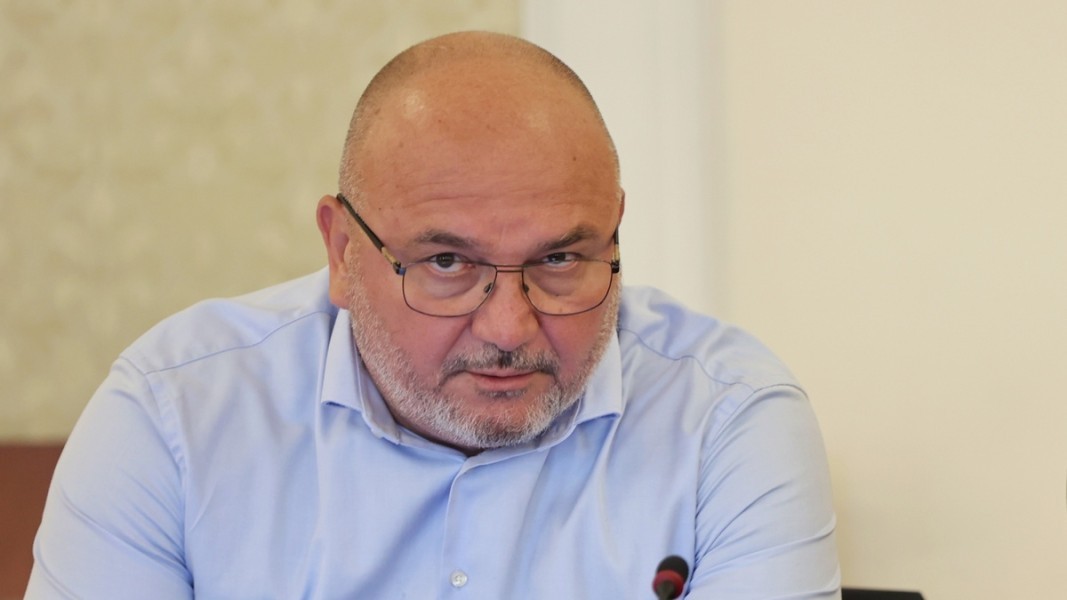
"This must happen by July 8 in order for Bulgaria's accession to the eurozone to become a fact. So far, there are no signals that would make us think someone in these institutions might be against our entry. However, there are many remarks in the report and there is much to read and to be done," Lyubomir Datsov, a member of the Fiscal Council and former Deputy Minister of Finance, told the Bulgarian National Radio.
Currently, we are moving according to plan, financier Nikolay Vasilev, former deputy prime minister from the Saxe-Coburg-Gotha cabinet, told Radio Bulgaria.
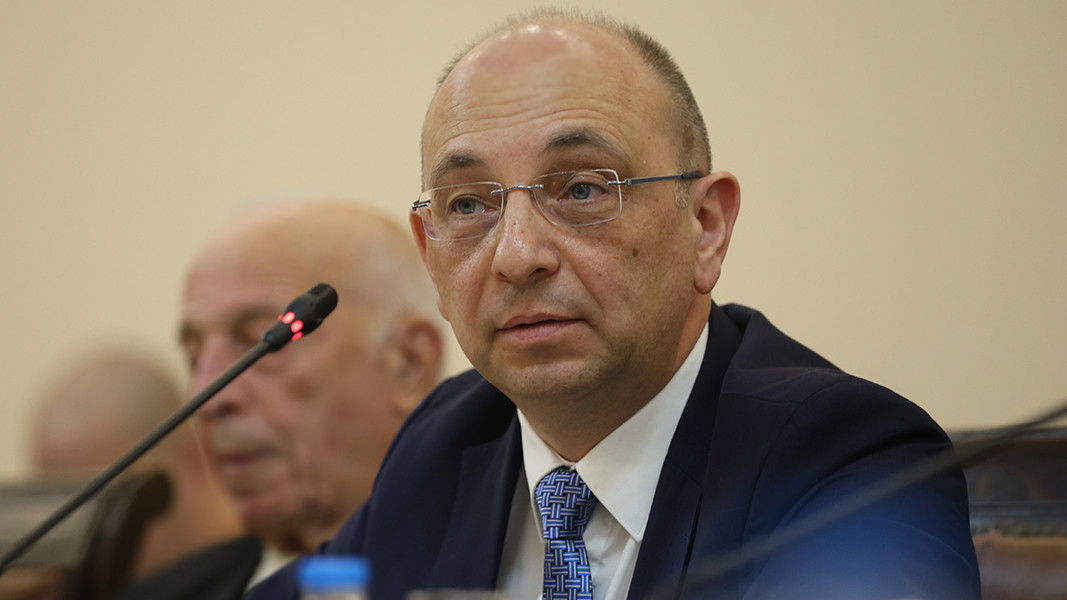
“This is our next step after our admission to NATO and to the European Union. Then we will feel more like first-class Europeans. We should be proud that we have overtaken 6 EU countries that are not in the eurozone because they did not meet the criteria,” the economist told Radio Bulgaria. According to him Bulgaria’s membership in the eurozone has only positive effects for the country. “I know the criticism of the skeptics, but I do not accept any of this,” Vasilev says. According to him, the very fact of entering the eurozone is more important than the fears that the country could eventually incur debt at a faster pace. He himself is a supporter of a more reserved budget policy and maintaining a surplus and that is why he has been critical of financial policy for the last few years:
"The fact that since 2021 we have let go of the reins has nothing to do with the eurozone. It's just that since then we have been governed by leftists and populists," Vasilev said.
According to Assoc. Prof. Grigor Sariyski from the Economic Research Institute at the Bulgarian Academy of Sciences, the main problem after the entry into the eurozone would be the fact that we would have to pay foreign debts:
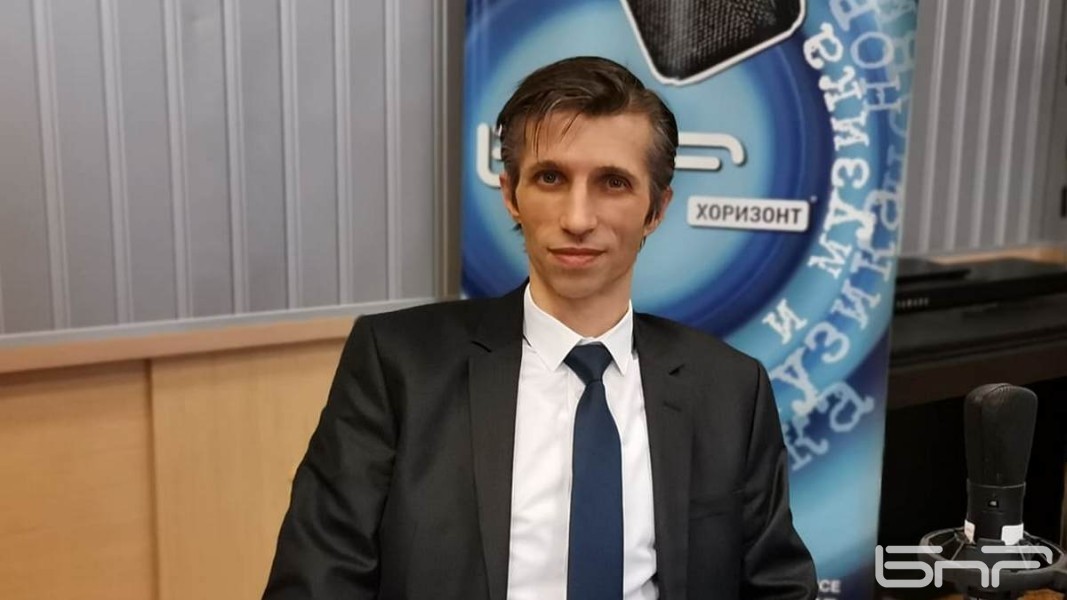
"Joining the eurozone is not only about prices and higher spending. Personally, I associate it with obeying the common rules of the eurozone, which we were not obliged to comply with until now. As an example, we can give the shared credit risk. As you know, in the eurozone, each Member State must buy the bonds that are distributed on a quota basis by the ECB council. And these bonds have been proven unreliable," Sariyski says and adds that raising taxes is knocking on the door.
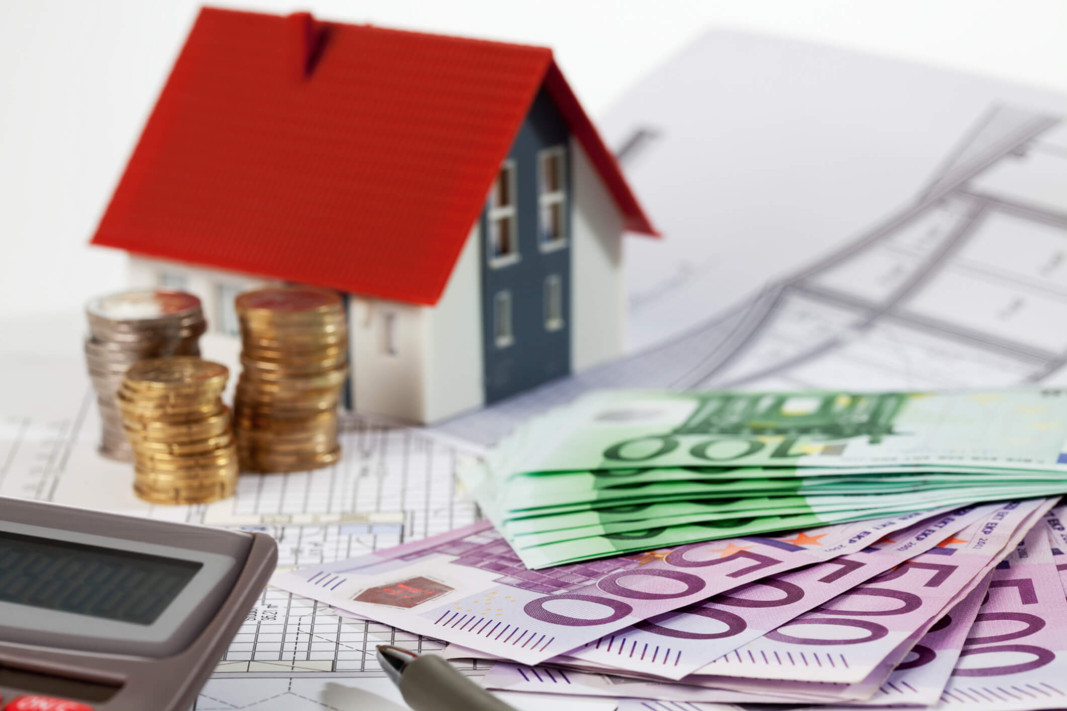
"It is not true that we will get richer. Think about the income dynamics in Greece. They joined the eurozone with a standard of living similar to ours or slightly higher. If we measure by GDP per capita, they came close to the EU standard, but currently they are still just like us."
The adoption of the euro is accompanied by polar reactions in society – from euphoria to complete rejection. However, the government is united in its assessment – after the reports of the EC and the ECB, the country is about to realize one of its strategic goals. "The Bulgarian government is ready to introduce the euro on January 1, 2026. We have been preparing for this process for a long time," Minister of Finance Temenuzhka Petkova said and Prime Minister Rosen Zhelyazkov pointed out that "there must be calmness in Bulgarian society, predictability and transparency of the process."
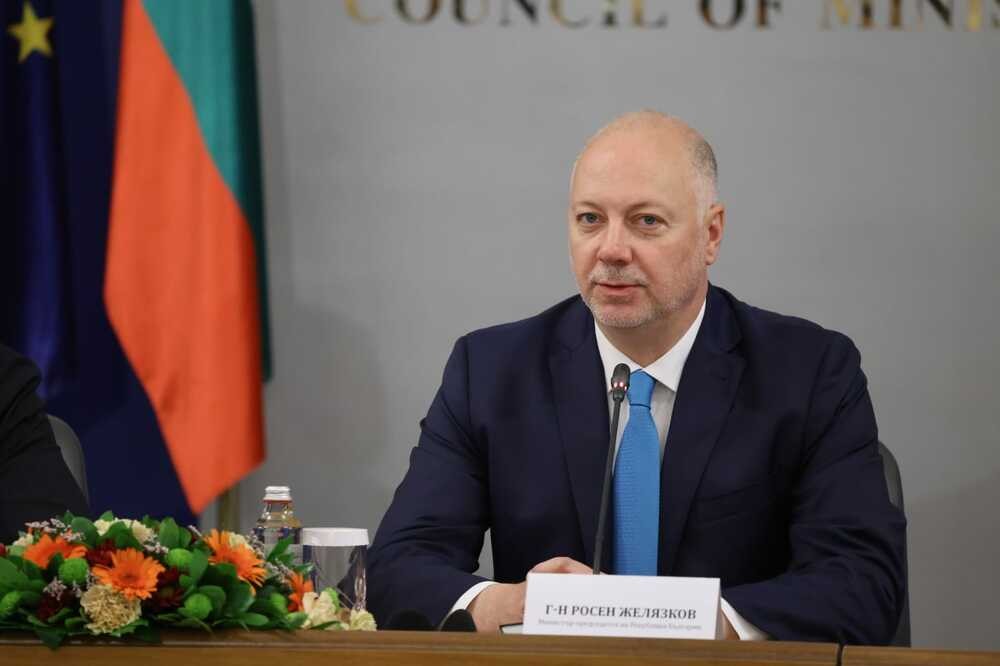
Author: Ivan Gergov
Publication in English: Alexander Markov
Photos: ec.europa.eu, BTA, Council of Ministers, evroto.bg, Alexandra Mihaylova
Fertility Europe , the pan-European organization that represents patient associations focused on infertility issues, has announced the start of the 9 th European Fertility Week 2025, 3-9 November. The campaign is taking place throughout Europe..
Today, in the Radio Bulgaria studio, we welcomed Helmut Matt – a writer, radio journalist and poet, who has maintained a special connection with Bulgaria for many years. In his book "Bulgarian Impressions" and in his numerous radio broadcasts, he..
On November 8 in Hall 11 of the National Palace of Culture, Bulgaria’s best masters and artisans will be awarded for the third time. The founder and driving force behind the “Creator of the Year” initiative is Nikolay Traykov, who visited “Radio..
The Bulgarian Embassy hosted the second concert of the 17th season of the Bulgarian Music Society in Washington. On 14 November, guests enjoyed a unique..
Teodora Byalkova joined the Bulgarian Sunday school "Sts. Cyril and Methodius" in Athens in the 2022/23 school year. At that time, she..
The village of Novo Selo is located on the road between Veliko Tarnovo and Sevlievo. Here archaeologists have found tools used by..

+359 2 9336 661
